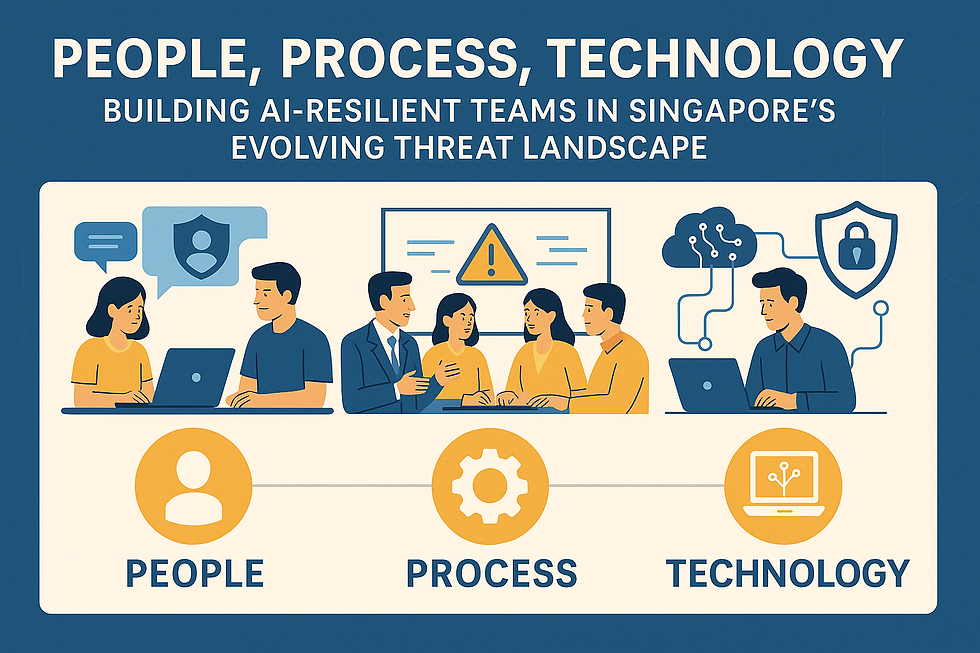Cybersecurity Governance and Compliance
- MZT

- Dec 11, 2022
- 1 min read
When an organization has a malware infection, it means that their computer systems have been compromised by malicious software. This can lead to the loss of customer data in a number of ways. For example, the malware might steal customer data and send it to the attackers, or it might encrypt the data and demand a ransom to decrypt it.
Having strong cybersecurity measures in place can help prevent malware infections and protect customer data. This includes things like using firewalls and antivirus software to block known threats, regularly updating and patching systems to fix vulnerabilities, and providing employees with training on how to recognize and avoid phishing scams and other forms of social engineering.
Good governance and compliance practices are also important in protecting customer data. This means having clear policies and procedures in place for how data is collected, stored, and used, as well as regularly auditing and monitoring systems to ensure they are in compliance with relevant laws and regulations.
Overall, protecting customer data is important because it is a key part of maintaining the trust and confidence of customers in an organization. If customer data is lost or stolen, it can damage an organization's reputation and potentially lead to financial losses and legal penalties.
Find out more about CSA Cyber Essentials and Cyber Trust marks certification program for organisations large or SMEs, non-profits email to us to speak to our friendly team at Momentum Z.




Comments